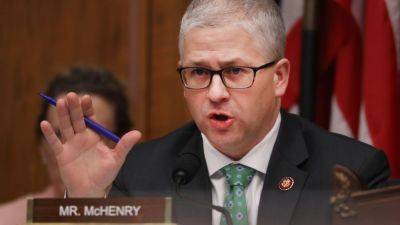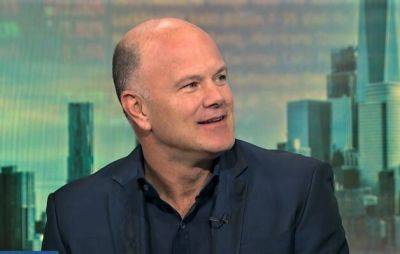Universal credit system not working for artists, says Julie Hesmondhalgh
More financial support should be available to artists in the periods where they are not working, the former Coronation Street actor Julie Hesmondhalgh has said, as research revealed universal credit is pushing the creative workforce into destitution.
The study by the performing arts union Equity and the University of Warwick found that of those subject to the universal credit rule known as the “minimum income floor” (MIF) – which reduces the amount of support that self-employed creatives are eligible for – 41% had gone without essential items such as food or utilities.
Nearly half of the 674 Equity members surveyed had been unable to pay bills at some point, and 5% had been forced to leave their home.
The average earnings in the cultural and creative industries were £15,270 – dramatically below the median pay for UK full-time employees of £33,280 (94% of respondents made less than that figure).
Hesmondhalgh, an award-winning actor best known for her role as Hayley Cropper in Coronation Street between 1998 and 2014, called the system “Kafkaesque”.
“I think a lot of people try and avoid universal credit completely because of the bureaucracy and the Kafkaesque nature of applying for it, waiting for it, getting it, being forced to job seek in areas that aren’t your skill set in any way,” she said.
The actor, who described herself as “state privileged, state sponsored”, said she wouldn’t have got her start in the industry were it not for a social security system that “was incredibly supportive of people like me from working-class families in the regions”.
She recalled setting up a fringe theatre company with friends in a basement, where they would put on plays by novices including Rufus Norris, who directed his first play there.
Read more on theguardian.com
















